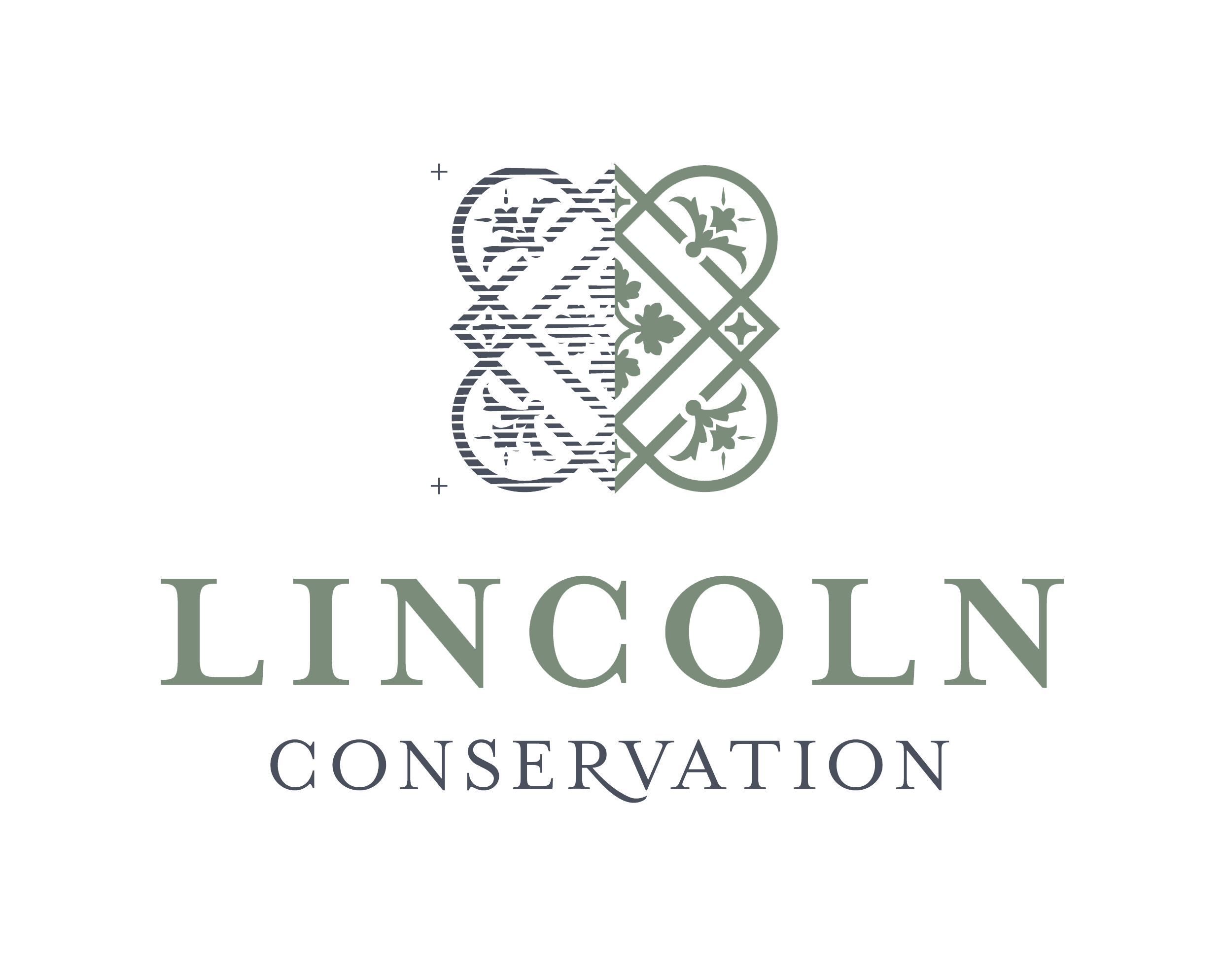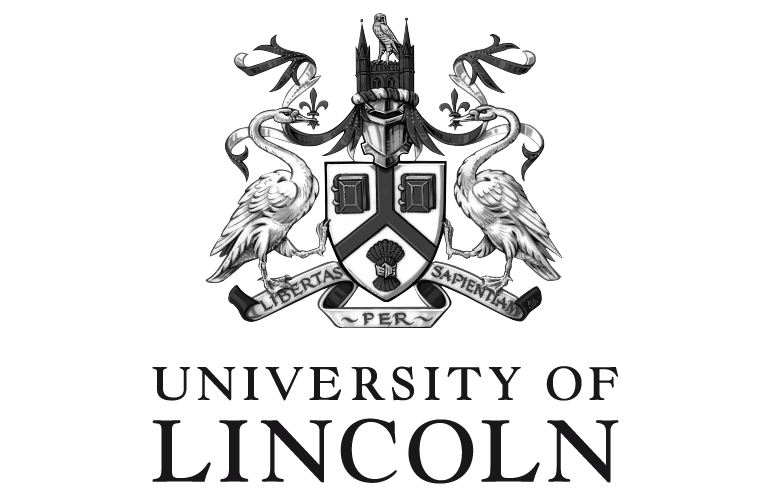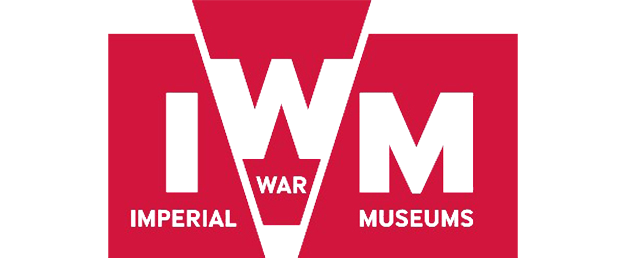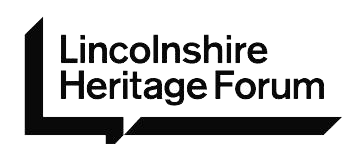Monday 3 June, 3pm
Communities
LPAC Studio 2
Helen Fry (Trent Park Museum Trust)
‘Re-Imagining Trent Park’
Please note: This paper was kindly delivered by Dr Claire Hubbard-Hall (Bishop Grosseteste University) on Helen’s behalf.
Abstract
Trent Park at Cockfosters in North London has recently been recognised by Historic England as being as significant as the code-breaking at Bletchley Park for the outcome of WWII. With such a legacy, still largely unknown in the public domain, the challenge for the Trent Park Museum Trust is to adequately ‘tell’ the legacy and layers of stories through its interpretation. The Trust is integrating high tech elements within the Grade II Listed rooms as an essential part of museum interpretation that can recreate the theatrical drama once played out in these spaces: whether the pre-war socialite parties and lifestyle of its pre-war owner Sir Philip Sassoon or Hitler’s captured generals in WWII. One of the key ways this is being developed with Edinburgh-based museum designers Studio MB, in sometimes confined spaces, is through tech and AV. The museum is being established across the ground floor rooms and basement of the mansion house, in which the “upstairs/ downstairs” present their own challenges: from the Grade II listed interior rooms to the intensely atmospheric, even spooky, odd shape spaces in the basement. Upstairs, Hitler’s generals lived a life of relative luxury and were given favours whilst, unbeknown to them, teams of ‘secret listeners’ were recording their conversations from the cramped spaces of the basement below and passing the information to British intelligence. Those listeners were German-Jewish émigrés who had fled Hitler and were now spying on the country of their birth for the Allies. Helen will showcase some of the room designs from Studio MB and how AV is being developed to provide an immersive and educational experience for all visitors. The current initial designs are only a fraction of what could be developed in the coming years in terms of digital and tech on site.

Dr Helen Fry
Historian & Deputy Chair
Trent Park Museum Trust
Historian Helen Fry has written numerous books on British intelligence, espionage and WWII. Her latest book on Trent Park is out in August, called: The Walls have Ears: The Greatest Intelligence Operation of WWII. She has appeared in TV documentaries and writes occasionally for the Wall Street Journal.
David Longford (Theatre Royal & Royal Concert Hall)
‘Our Theatre Royal Nottingham: successes and challenges of a co-created digital archive’
Abstract
This paper – presented by the Creative Learning Manager of the Theatre Royal and Royal Concert Hall, Nottingham – focuses on the process of co-creating and co-curating a digital archive for the Theatre Royal Nottingham with a team of volunteer researchers through the HLF-funded ‘Our Theatre Royal Nottingham: its stories, people and heritage’ project, which ran for two years from March 2017. The Theatre Royal marked its 150th anniversary in 2015 but as a local authority owned performance venue has limited resources and skills for understanding and managing its archive and heritage. This paper reflects on the potentials unlocked – and the challenges encountered – through the partnerships that have enabled the theatre to make its rich entertainment heritage accessible via the co-curation and co-creation of a digital archive: with researchers from theatre history and computer science at the University of Nottingham, with libraries and archives in Nottingham and beyond, and in particular with our volunteer researchers. Nearly 60 volunteers have worked on the project, developing knowledge and skills through training in oral history, humanities research and archival practice: they have organised and catalogued the physical archives held in the theatre, researched and recorded 30+ oral history interviews, and researched and developed object-based stories around four key themes that capture the variety of the venue’s history: Building the Theatre, The Theatre in Wartime, Pantomime and Onstage and Backstage. Those themes structure our digital platform, ourtheatreroyal.org, launched in October 2018: an achievement which would not have been possible for the venue without the capacity enabled by such collaborative working, and one which places the experiences of theatre going and theatregoers in Nottingham centre stage.

David Longford
Creative Learning Manager
Theatre Royal & Royal Concert Hall
David Longford is Creative Learning Manager at the Theatre Royal and Royal Concert Hall, Nottingham, with responsibility for outreach and education. Since 2017 he has been the project lead on the HLF supported project, ‘Our Theatre Royal Nottingham: its people, stories and heritage’; in 2018 he also created and led Nottingham’s first Puppet Festival.
Jo Robinson (University of Nottingham)
‘Partnerships and Participation: Building Collaborations and Capacity through Citizen Scholarship’
Abstract
In the past decade, new collaborative practices have emerged in the curation of heritage: community archives, heritage crowdsourcing, community-university partnerships all evidence this participatory turn, with digital technologies often at their heart. The 2016 report, ‘Experiencing the Digital World: The Cultural Value of Digital Engagement with Heritage’, made the case that digital tools almost automatically invite a more interactive, and consequently active, engagement with heritage culture, particularly when co-curation and co-creation of community heritage is enabled via digital means; however, the authors also noted that smaller heritage organisations ‘may struggle to get to grips with digital tools which are very often beyond their capacity both in terms of funding, expertise and personnel’. Building from the model of the successful HLF-funded ‘Our Theatre Royal Nottingham: its stories, people and heritage’ – through which 50+ volunteers have been trained and empowered to co-research, curate and create a digital archive of the venue’s history – the AHRC-funded ‘Citizen Scholarship in Nottingham’ project thus aims to deliver an innovative, transferable and sustainable model of volunteer digital engagement projects for small heritage organisations or organisations with limited capacity for new heritage projects. Via workshops and one to one visits with partners – including Bromley House Library, Erewash Museum and the Sir John Moore Foundation – we seek to unlock the potential for communities of volunteers to participate in collection, curation and annotation of heritage material while developing basic research and digital skills through supported training and activity. Drawing on specific examples from our case studies, this paper will reflect on the potential and challenges of our model for capacity building, bridging knowledge gaps and enabling greater empowerment of, and successful outcomes for, those involved in preserving, curating and using digital cultural heritage.

Prof Jo Robinson
Associate Professor in Drama and Performance
University of Nottingham
Jo Robinson is an Associate Professor in Drama and Performance at the University of Nottingham. Her broad research interests focus on the relationships between performance, place, community and region and she has a particular focus on using digital technologies to support innovative strategies for both researching and sharing theatre histories.








